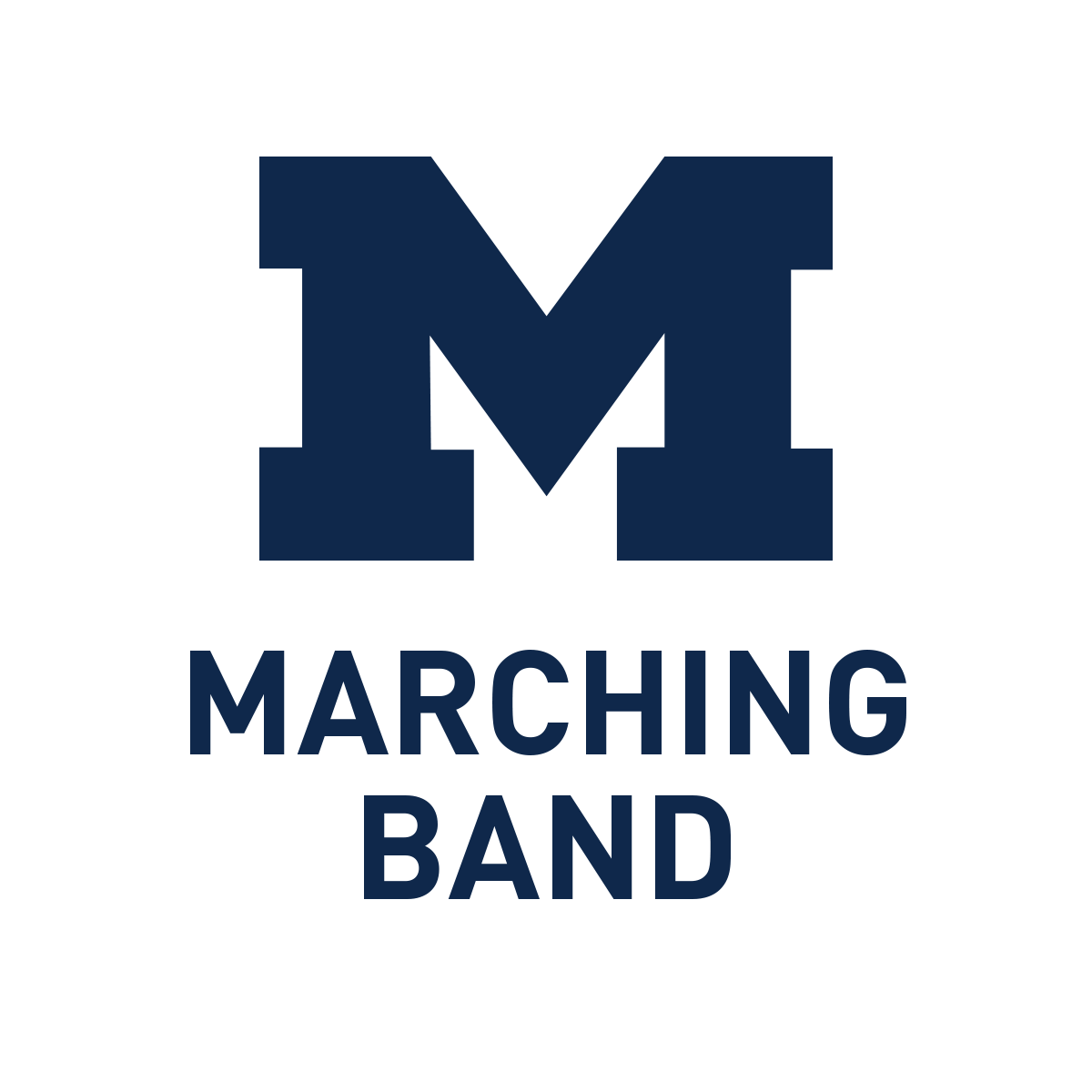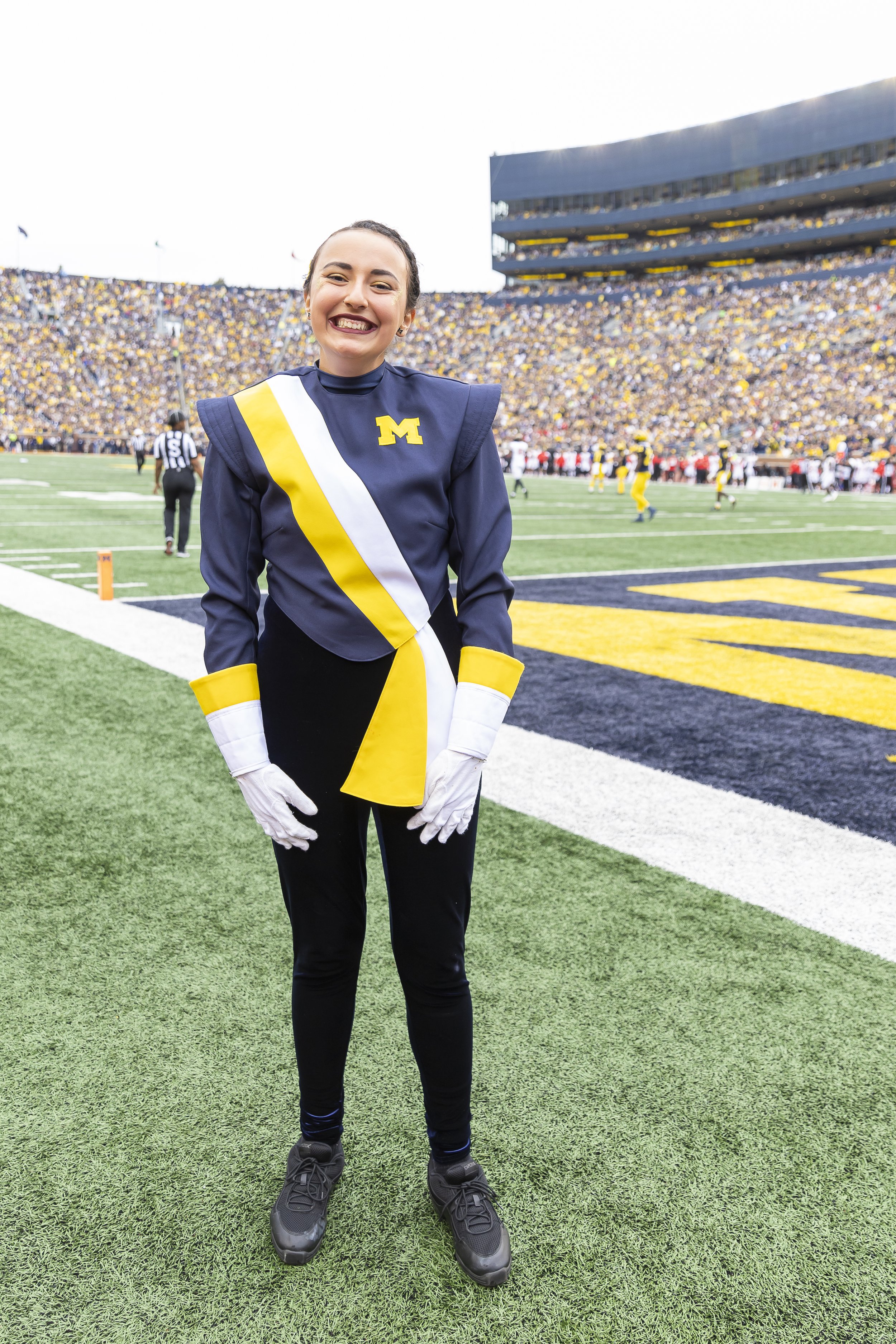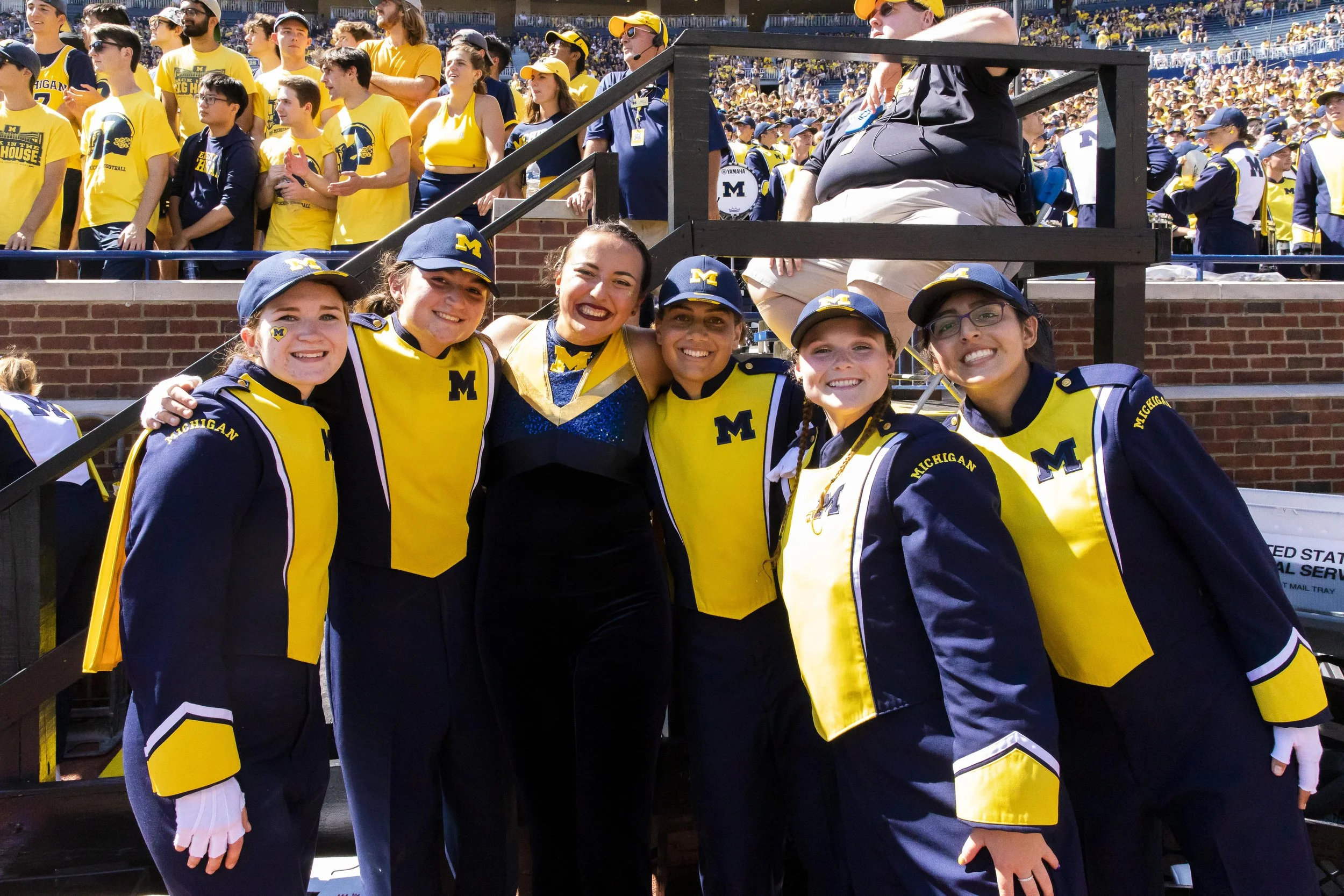Student Spotlight: Elizabeth Troia, Flag
In an increasingly global environment, the next generation of engineers must navigate across cultural differences to build a more innovative and sustainable future. For incoming junior Liz Troia, sustainability is at the forefront of her studies.
"I am majoring in Materials Science and Engineering (MSE) with an International minor for engineers," Troia said. "Coming out of high school, I was very set on aerospace, but after taking a few courses here, I realized that there was a lot I could do with MSE. Materials Science looks at the making and production of materials, and how the bonding and structure of atoms affect properties on a macroscopic scale. It's very cool to me that something so small dictates all the different things about a material and how it reacts to different conditions."
The University of Michigan's College of Engineering (CoE) offers an International minor for engineering students, which seeks to develop greater global awareness in the context of engineering and business. Students pursuing the minor must reach a proficiency equivalent to two years of a foreign language at the college level, gain hands-on experience (whether through study abroad or through domestic programs), and take courses that consider engineering in a global and cultural context and how international relations and engineering impact one another.
"The International minor gives engineers insight into how the things they make impact people from different backgrounds and cultures," Troia said. "This summer, [for the global experience component] I am going to Madrid to take a few courses on cultural relations and engineering in the global scope; one is a humanities course, and the other is an upper level math course."
The International minor is part of a larger program that Troia is a part of: the Engineering Global Leadership Honors Program.
"You get to explore a lot of the business and operations aspects of engineering [in the program]," Troia said. "We can start to understand why certain international tensions occur and you get a better framework to see other people's perspectives. Part of the program requires you to get a master's here, as well as a capstone project. There is also a program through the Tauber Institute for Global Operations that places you in a company to do an internship with them in operations."
Sustainability plays a big role in Troia's current research.
"My research is in a chemistry lab, with a focus on materials chemistry," Troia said. "We are currently working on the development of environmentally sustainable germanium thin film, which has applications in fiber optics and transistors in computers. Currently, in processes that use this material, we have to create high temperature and high pressure conditions. We are trying to make these devices applicable in less extreme conditions and can make materials greener, less expensive and more accessible."
Troia has an interest in branching out to aerospace applications of materials science, like finding more durable, yet lightweight, materials that reduce the amount of fuel needed and the emissions given off by the ship.
"I am a part of the Michigan Research and Discovery Scholars group (MRADS), a living and learning community," Troia said. "Members in the community are housed at Mojo (Mosher-Jordan) as freshmen with a few sophomores that serve as peer advisers and mentors. This past year, I was a study group leader and one of the program coordinators. I have also helped with the science olympiad projects. I am a map nerd, so I always help design activities for the map portion, but I know a few other band kids in Tau Beta Sigma have helped with a sound acoustics portion where kids build an instrument from scratch."
In the spring of her freshman year, Troia was awarded the Singleton Prize. The prize, run through the CoE, is awarded to one student in each graduating class based on academic achievement and an essay written by the candidate.
Within the band, Troia is a part of the flag section.
"One of my favorite parts of the section is that we are a smaller group, so I get to make friends from different age groups and develop close bonds with them," Troia said. "We also love laughing at how the other members react to our cues. Every sequence and move the flags do has a special name, and some of them are very bizarre and don't make sense to anyone outside the section. Prospective marchers don't have to have experience spinning flag. I actually didn't spin in high school. If you can come to some of the summer workshops, everyone is willing to help you learn. As long as you have the work ethic, previous experience is not necessary."
This upcoming year, Troia has been selected to serve as the President of Tau Beta Sigma, an honorary band sorority dedicated to providing service events to support the band.
"Given that we've doubled the size of our chapter this past season, my goal is to help new members try new things and find their niche within the organization," Troia said. "I cannot wait to see how they each step into new leadership roles and find out what they are passionate about."
Previously, Troia served as the historian, including the planning of events and running the meal club, which provides an inexpensive breakfast for players during game day.
"I think one of my favorite band memories is playing euchre on the beach in Miami during the Orange Bowl," Troia said. "We were trying to teach a few others how to play, and sticking cards in the sand. Overall, it was a really fun experience."
Troia left for Madrid in mid-May.




